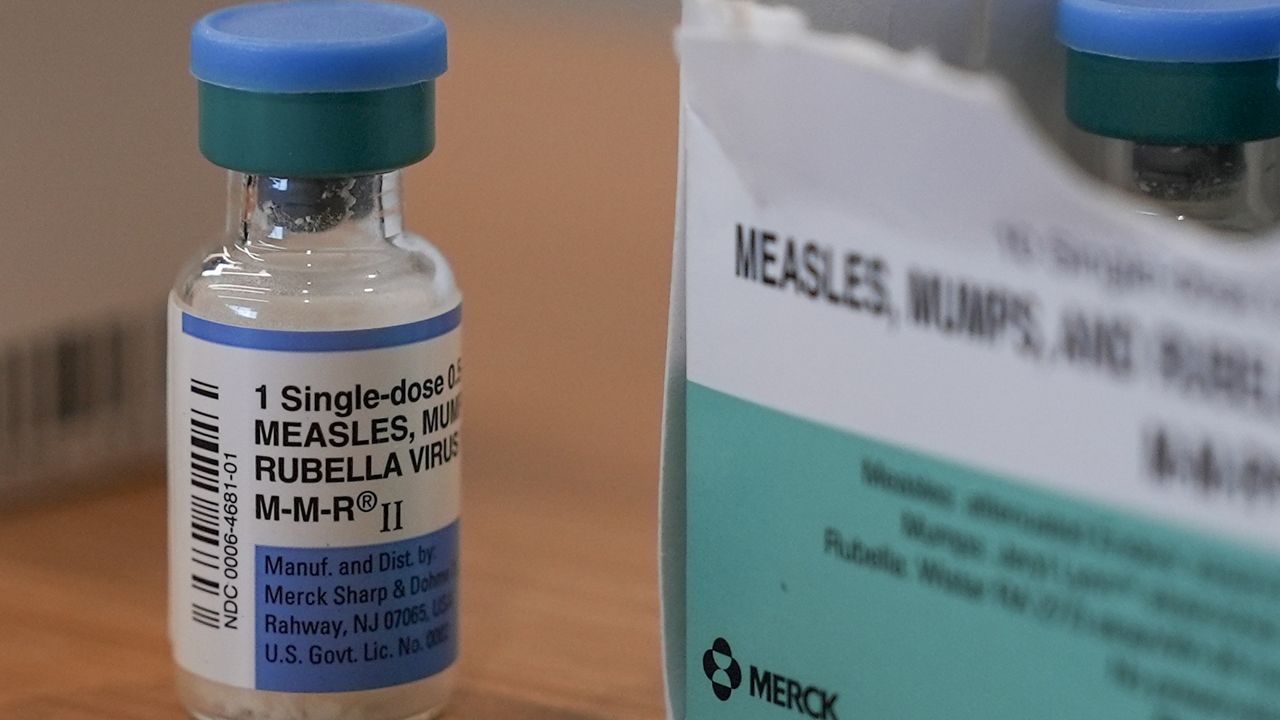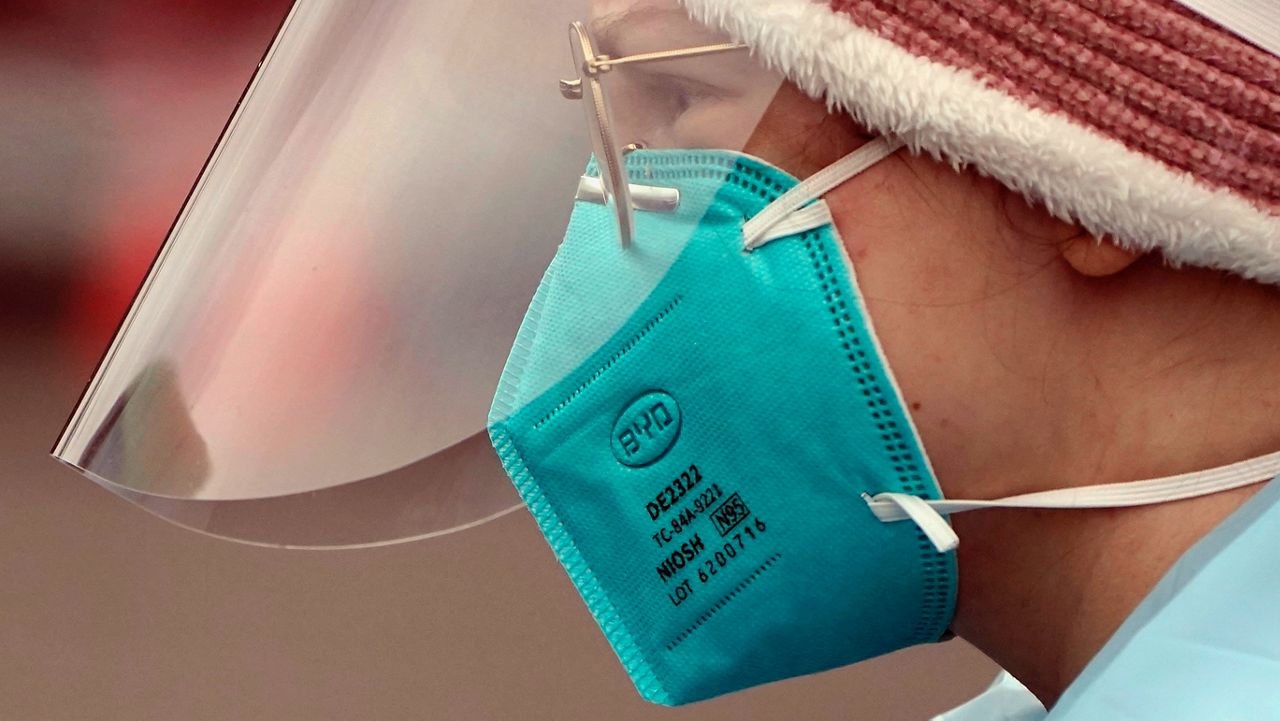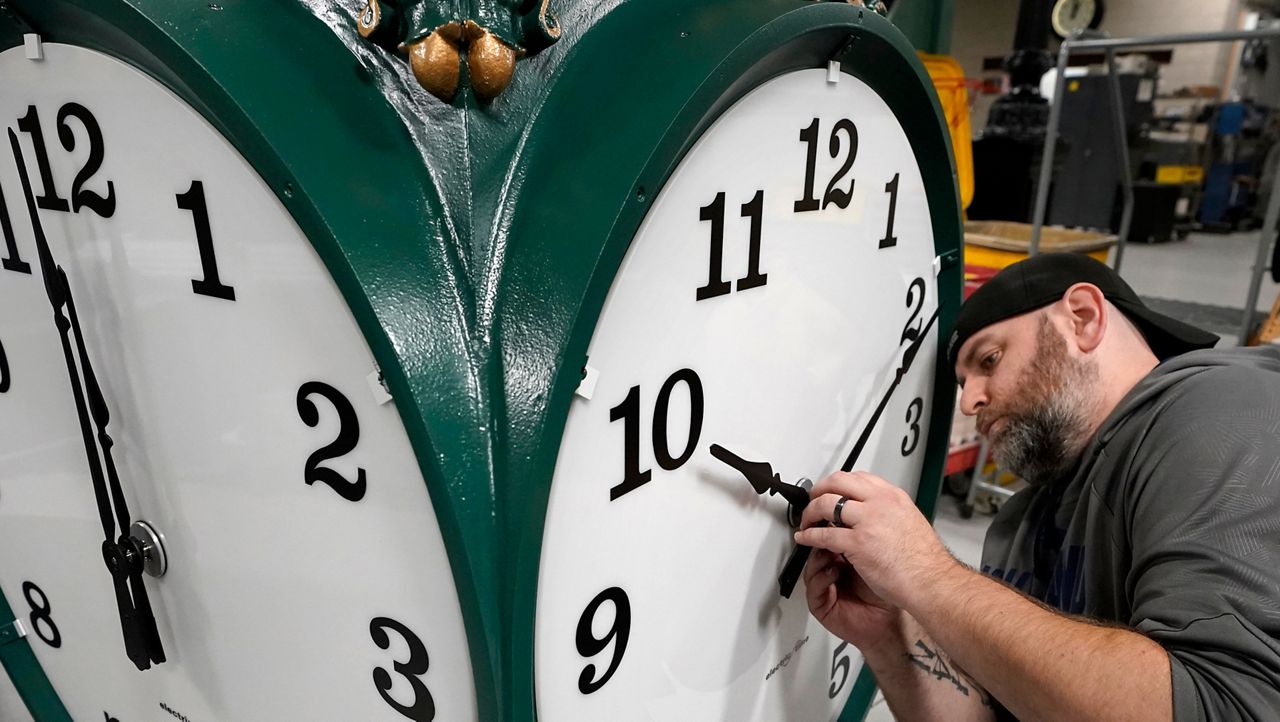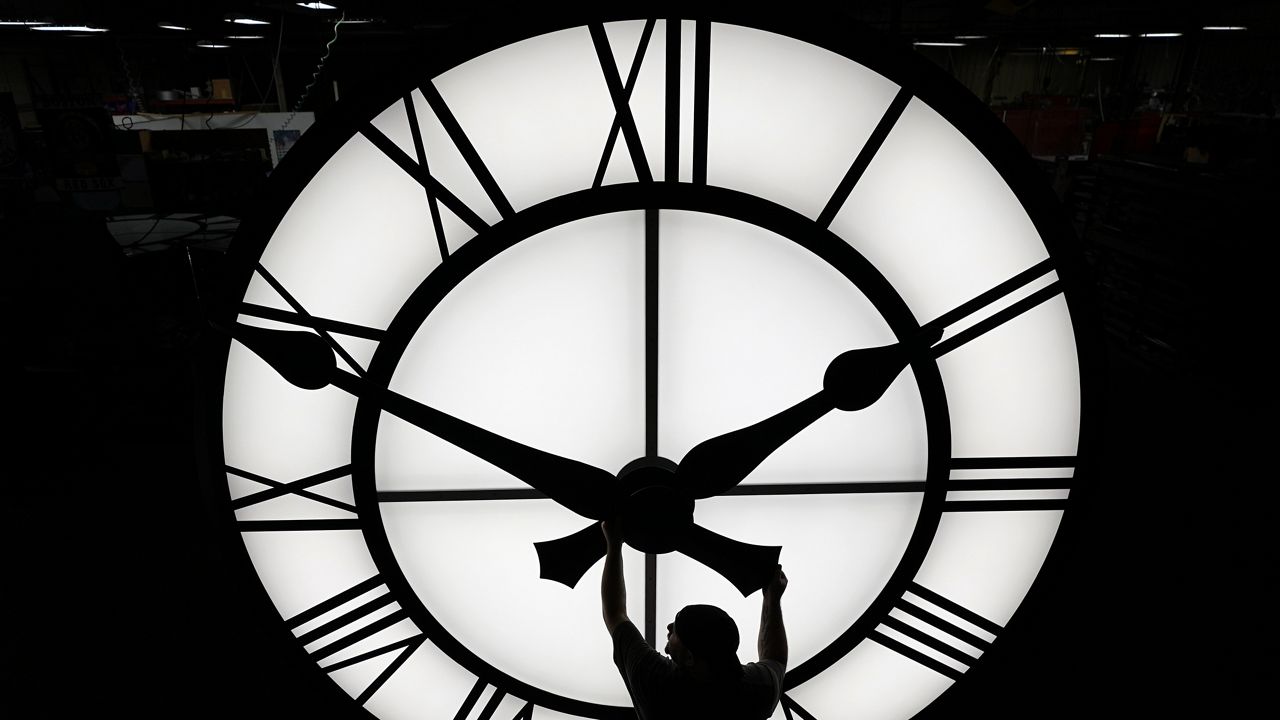Health officials in New York City are investigating a possible case of monkeypox in Manhattan.
The unidentified patient is isolated at Bellevue Hospital.
Preliminary tests are underway and, if positive, will be sent to the CDC for confirmation.
Many New Yorkers are hearing about the virus for the very first time.
“Is that real? Does it even exist?” Asked Noelle Hambas.
The answer to both those questions is yes.
Dr. Robert Amler of New York Medical College says monkeypox is a rare viral infection mostly found in West and Central Africa.
It’s in the same family as smallpox, and while it can lead to severe illness, even death, Amler says monkeypox has not posed the same worldwide problem smallpox once did.
“It’s passed by very close personal contact with other people,” said Amler. “Even then that contact is rare, transmission is rare.”
Amler says if you have it, you’ll know.
He says, in the beginning, symptoms are similar to those of many viral diseases — headache, fatigue and muscle soreness.
“Then after two or three days, a really remarkable rash comes out that starts out in blotches that get bigger, then develop into bumps and into blisters, painful blisters, full of fluid and puss,” said Amler.
He says many people think the virus is a joke because of its name, which Amler says came to be because you can catch it from monkeys.
The possible case in New York comes after a Massachusetts man tested positive for monkeypox Wednesday.
He had recently traveled to Canada by private transportation.
The CDC is also tracking recent clusters of monkeypox in several countries where the virus doesn’t usually pop up, including Portugal, Spain and the UK.
“Here in NY we should be aware,” said Amler. “We should be alert, we should follow the rules and hear what’s happening, but this is not a cause for alarm.”
Amler says monkeypox is less contagious than an airborne virus, like COVID-19.
New Yorkers like Mike Lewis say, “No, not particularly worried about it, it’s gross, sounds gross, don’t want it, but yeah, I’m fine. Been through two years of a pandemic. It’s like, why not, one more thing, I guess.”
If the case comes back positive, the city’s health department says it will follow-up with anyone who may have been in contact with the patient while he or she was infected.









